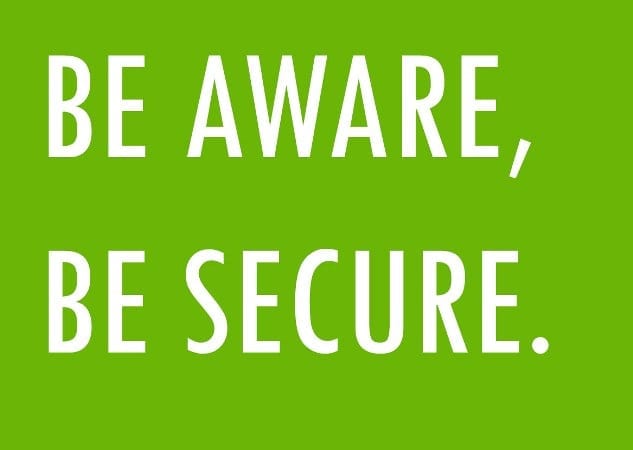Criminality has moved with the times and there is little need for a perpetrator to take any steps outside their own property to be able to steal something from someone else.
It is disturbing to consider that global cybercrime [1] damages are estimated to reach $6 trillion annually by 2021, so everyone who uses the internet for genuine purposes needs to be very aware of the threats that they face and the impact that it could have on them if become one the many victims that suffer a loss when they are scammed online.
Cyber criminals seem to have developed an almost endless range of tricks and cons to persuade online victims to part with their valuable personal data or cash, often without them even knowing that they have been targeted until sometime after the event.
Some of the internet scams around are extremely sophisticated and can be very hard to police when criminal activities are on a global scale and cross borders, but some are old-fashioned con tricks that have simply been updated for the digital age and transferred to the online arena.
THE TOP 10 SCAMS
There are many devious methods and tricks deployed by fraudsters but some of the most common scams to look out for are –
Email-based scams
Fake charity appeals
Working from home opportunities
Requests for updated billing information
Fake greeting cards designed to infect your computer with malware
Spurious religious messages
Claims of a pre-approved loan or credit card
Compensation offers
Non-existent competitions
Phony investments
These are just some of the scams that exist online but there are many more out there and new frauds being invented regularly, which is why you must always remain vigilant and stay up to date on details of the latest scams in circulation.
PROTECTING YOUR PERSONAL DATA
Very little makes the blood run colder so quickly than the realisation that you have become the victim of an online scam, so how easy is it to spot the scams?
There are some useful guides [2] available that should help you to become more online-savvy when it comes to spotting that just doesn’t look or feel right. Understanding what cyber criminals are doing and how they might try and steal your cash, or your data can be a very worthwhile education and could stop you from becoming one of their victims.
If you don’t think that cybercrime is much of an issue or is unlikely to affect you personally as you always try to be careful with your digital footprint you might change that view when you see the cybercrime facts and figures in black and white and see the global scale of the problem in numbers.
For example, if you consider that 70% of all financial crime in the UK was done through remote purchases using stolen information, you get a clear picture of how important it is to remain vigilant every time you go online.
SPOTTING THE FAKERS
One area of cybercrime that offers rich pickings is the activity known as “phishing”, which is an attempt to get you to provide your payment card details or personal data that can then be used to spend your money and even take out loans in your name.
Scammers can be very adept at creating realistic copies of genuine email accounts and one recent example was when Netflix customers were targeted. An email was sent saying that payment for the service had been declined and in order to enjoy continuation of service the card details would have to be supplied again by following the link provided.
The link sent people who clicked through to a phishing site and valuable card and billing details were then compromised. A simple but effective way of checking how genuine the email is involves hovering over the link with your mouse to see whether the internet address you are being asked to visit looks genuine and secure.
Emails are just one aspect of cybercrime and there are numerous other methods that online criminals will attempt to use to get their hands on what they want, often without you knowing that you have become a victim until later.
Most of us spend a good part of our lives online and it is important to understand that criminals do that too, so it makes sense to stay up to speed on the scams that you need to look out for before it’s too late.
Amy Snapp
Comparitech.com
70+ common online scams used by cyber criminals and fraudsters
For a more detailed guide of what to do please click here: https://pixelprivacy.com/information-security/brushing-scams-how-to-avoid/
Help keep news FREE for our readers
Supporting your local community newspaper/online news outlet is crucial now more than ever. If you believe in independent journalism, then consider making a valuable contribution by making a one-time or monthly donation. We operate in rural areas where providing unbiased news can be challenging. Read More About Supporting The West Wales Chronicle






















